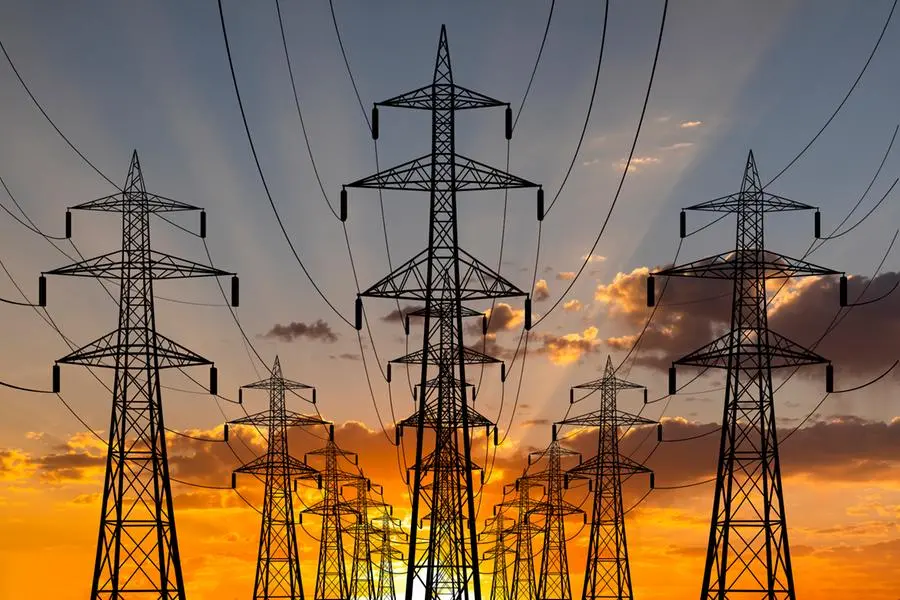PHOTO
Uganda and South Sudan have signed a power sales agreement (PSA) to boost electricity trade between the two neighbouring countries and socio-economic development in the border towns of Oraba, Elegu, Kaya and Nimule.
A 400kV Olwiyo-Juba transmission line will pick up power from the Olwiyo substation in northern Uganda, which is already operational at 132kV for distribution to Juba.
Also read: Vandalism disrupts Karuma power supplyA joint technical committee has been established to plan and coordinate the project's development, which follows a December 2015 memorandum of understanding (MoU) to develop transmission and distribution infrastructure to connect the two countries through the Nile Equatorial Lakes Subsidiary Action Plan (Nelsap).
The cooperation is expected to enhance regional productivity and support security along the border towns.
The agreement will see the prioritisation of the development of the 400kV Olwiyo-Juba power transmission line of 308km (138km on the Ugandan side and 170km in South Sudan). The Olwiyo and Bibia (near Uganda’s Elegu border post) substations, and one in Juba will also be expanded.
Feasibility studyUganda’s Energy Ministry Permanent Secretary, Irene Bateebe and Beck Awan Deng, the General Manager of South Sudan Electricity Corporation (SSEC) signed the PSA on Tuesday on behalf of their countries in Juba.
Energy minister Dr Ruth Nankabirwa Ssentamu, who led the Ugandan delegation said: “Today's signing ceremony marks the beginning of serious cooperation in power trade between Uganda and South Sudan.”"We would like to see projects that benefit both the people of Uganda and South Sudan…We will take power from small towns in Uganda, such as Elegu and Oraba,” said Peter Marcello Jelenge, South Sudan representative.
Nimule and Kaya border towns in South Sudan will also benefit.
A consortium, comprising CESI S.p.
A (Italy), ELC Electro Consult S.p.
A. Colenco Consulting Ltd (Italy) and Colenco Consulting Ltd (Nigeria), is undertaking the feasibility study, which commenced in March 2023 and is expected to be completed in February next year.
Uganda and South Sudan have secured funds for feasibility studies from African Development Bank (AfDB), which will also finance the project. © Copyright 2022 Nation Media Group. All Rights Reserved. Provided by SyndiGate Media Inc. (Syndigate.info).




















